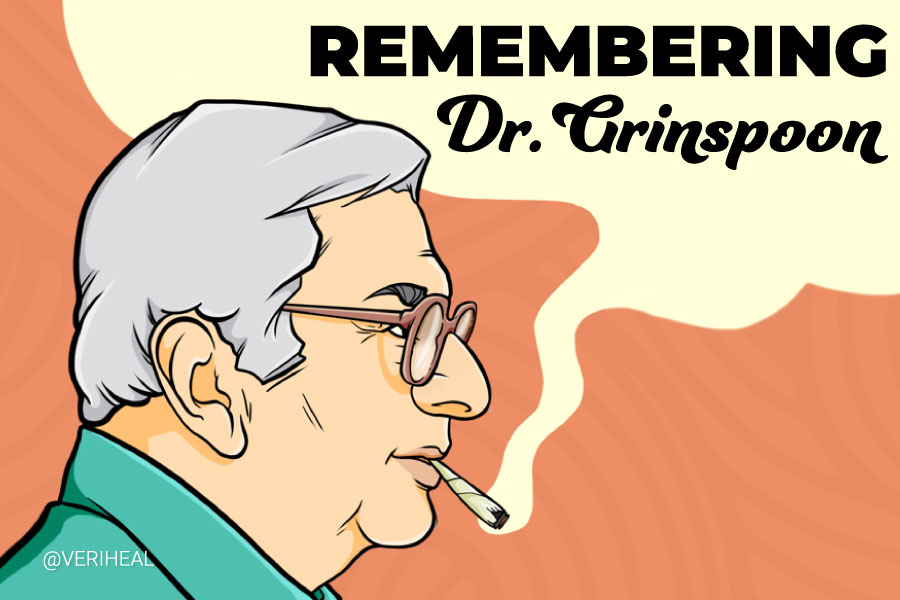By Meg Hartley
Source:
medicalcannabisbrief.com

(HQUALITY/AdobeStock)
Scientists have been articulating the prowess of the endocannabinoid system (ECS) since the ‘80s, yet nearly four decades later, the ECS is hardly covered in medical schools, despite dysfunction of the system being linked to many illnesses. The endocannabinoid system (ECS) is a system of neurotransmitters and receptors that enables our bodies to benefit from cannabis, and even though medical cannabis is legal in most states, there are only a couple pharmaceuticals on the market that make use of it.
Cannabis has been studied for even longer than the ECS, but we still use the plant rather simplistically. Even though there are many components to cannabis—cannabinoids, terpenes, terpenoids, flavonoids, oh my!—the industry mostly focuses on the cannabinoids THC and CBD, when over 100 compounds have been discovered in the plant.
Luckily, there are people on a mission to elevate this state of affairs. Acclaimed endocannabinoid scientist Ethan Russo has partnered with business aficionado Nishi Whiteley to create
CReDO Science, and they’re off to a running start. Their research focuses on how to apply cannabis to balance the health of the ECS and help treat disease, and by creating market-disrupting technologies that utilize this research to create solutions and products (five examples coming up).
CReDO’s mission
As a Leafly reader, you may be familiar with the work of Ethan Russo, as he has been featured in many of our articles (he’s a bit of an ECS rock star). He’s nearing 25 years of experience researching the ECS and cannabis and is also a board-certified neurologist.
The
mission of his new company CReDO is, “To commercialize patented products generated from our investigation of the cannabis plant and the endocannabinoid system (ECS), making cannabis safer and better.” According to the company’s website, their moniker reflects the philosophy of innovation as well: “In Latin, CReDO means ‘I believe.’ We maintain that ‘the proof is out there’ for cannabis/hemp-based solutions for better living.”
Talking about the stigma of cannabis and not taking advantage of its potential, Russo said: “What we’re doing is trying to treat disease with at least one of our hands behind our back. It’s a situation where we’re not applying the requisite knowledge to the problems at hand.”
He also went on to say: “It really points out how politics interfere with science and the public good; in this instance, because we’ve really denied ourselves the full benefits of a plant that has so much to offer medically, nutritionally, and as an aid to better living.”
Russo is joined by Nishi Whiteley, a cannabis author and educator with 30 years of business development experience. In addition to stunning business credentials, she is an advocate for cannabis law reform and sits on the board of the
Foundation for an Informed Texas, a cannabis advocacy organization.
Products for the endocannabinoid system
The initial efforts of CReDO Science will concentrate in a few areas for which provisional patents are in progress. Russo shared they cannot get too specific when describing most of the products, as they’re still in development: “We’ve got a lot of convergent evolution in science—that’s a fancy way of saying that you can’t have an original idea for long before somebody else will think of the same thing.” But they were able to give us some general scoops.
Here’s what they can reveal:
Disinfectant that works on coronavirus
This product is a disinfectant that’s efficacious enough to kill coronavirus, a great example of using cannabis in a novel fashion, taking advantage of its antibiotic, antiviral, and antifungal properties in an industrial way. “I personally don’t like Clorox, the smell gives me headaches. But there are products that can be made with cannabis in the disinfectant area that would be, I think, aesthetically nicer and potentially even organic,” said Russo.
Diagnostics for diseases of the ECS
CReDO is working on two projects that would diagnose medical conditions related to the ECS. “If there is the potential for products or treatments or profit down the road, that’s nice, but that’s not what keeps me up at night thinking about things; it’s ideas that could help explain what ails us, and what to do about it,” said Russo.
Canna nutritional line
Another product of theirs is a line of cannabis-derived nutritional products (think nutritional bars and capsules) expected to have broad anti-inflammatory effects. The ingredients remain a proprietary secret for now, but they hope to be on the market with full disclosure in the next two to three years. “These would be products that should be saleable anywhere in the US and internationally because they won’t involve the inclusion of nasty [he laughs] THC or anything,” said Russo.
Extraction technique
They’re also working on cannabis extraction hardware that will use a technique to keep more aspects of the plant. “I’m a big proponent of the entourage effect, which requires synergy of terpenoids and cannabinoid components. And yet, many of the extraction techniques really end up wasting, particularly the terpenoid fraction,” said Russo.
This technique would create cannabis products that take advantage of the full power and spectrum of cannabis’ value, allowing us to benefit from
terpenes, underutilized cannabinoids, and other components.
Over-the-counter medicine
They had to stay pretty tight-lipped about this one, but according to Russo: “There is a really, really common condition where current products are either toxic or not very effective. We think that we’ve got an effective approach with a cannabis-based product that’s not going to be psychoactive, not subject to any abuse potential.”












